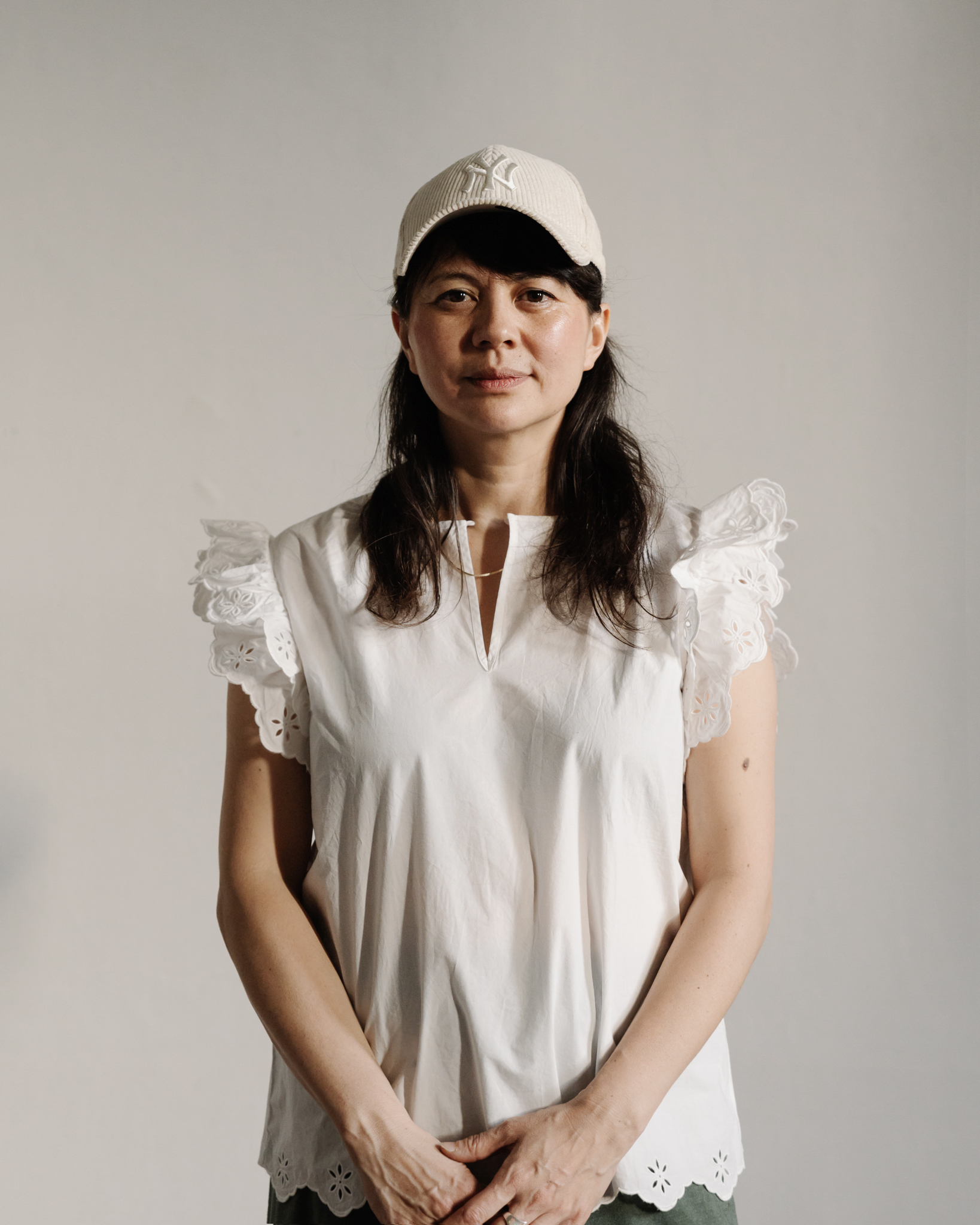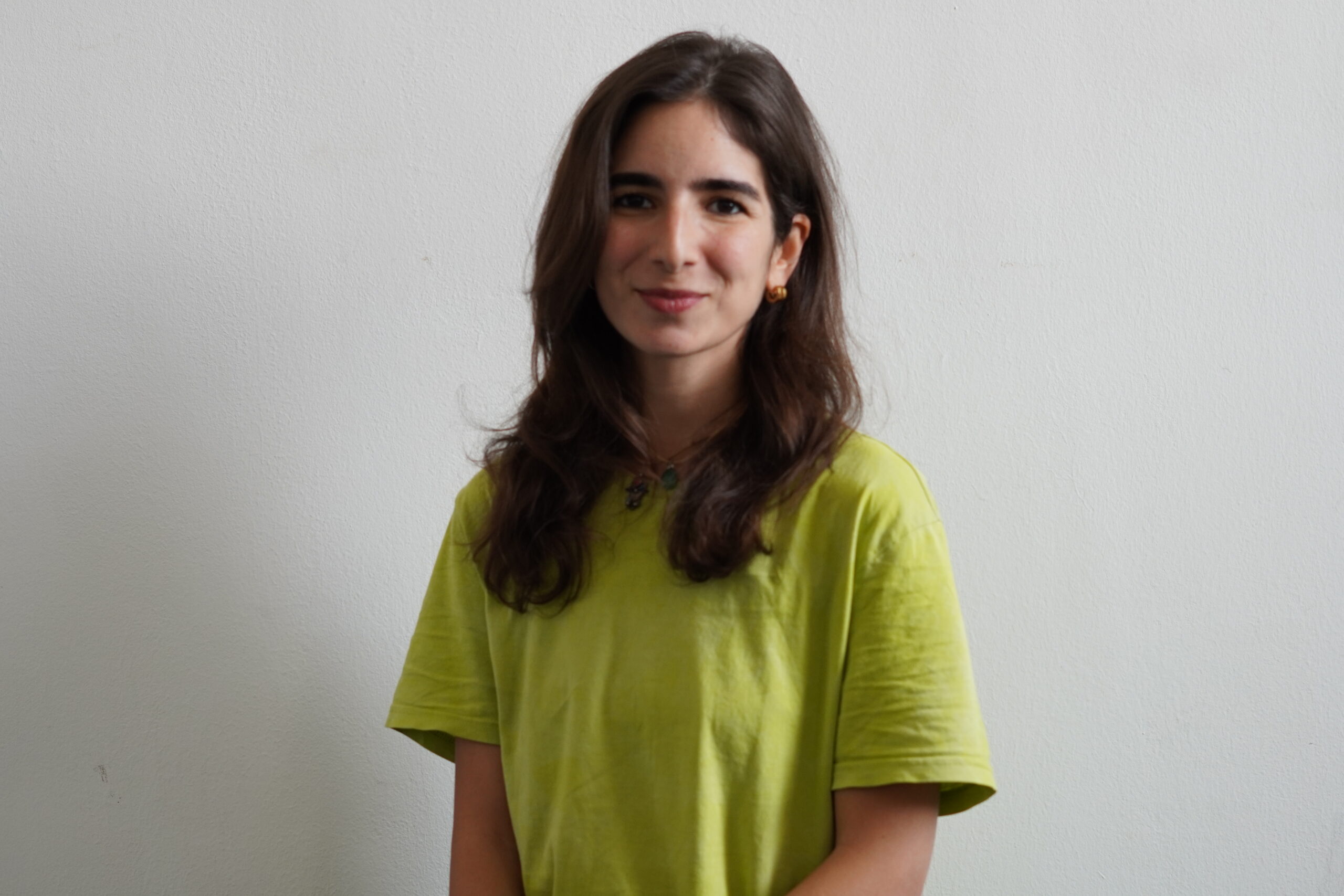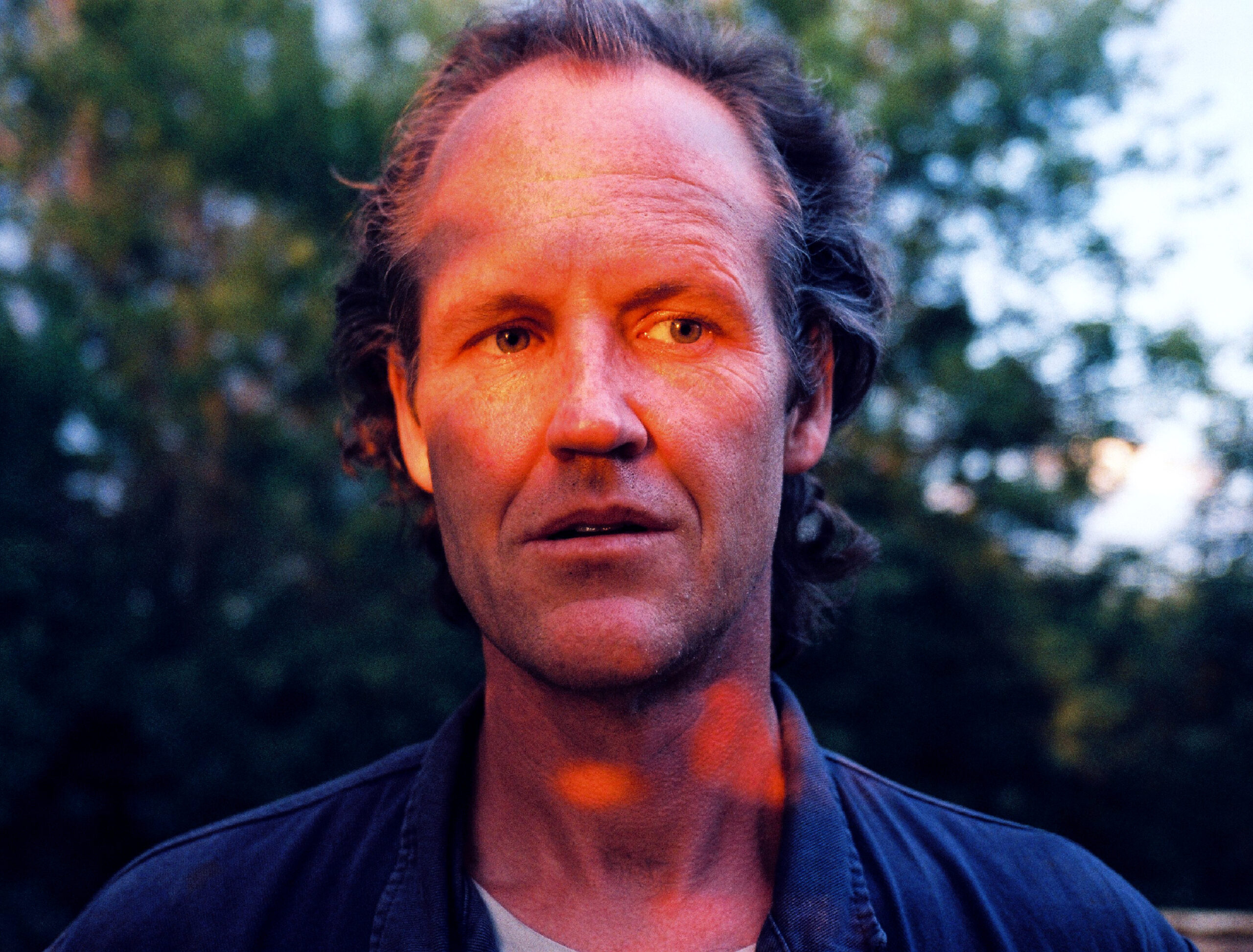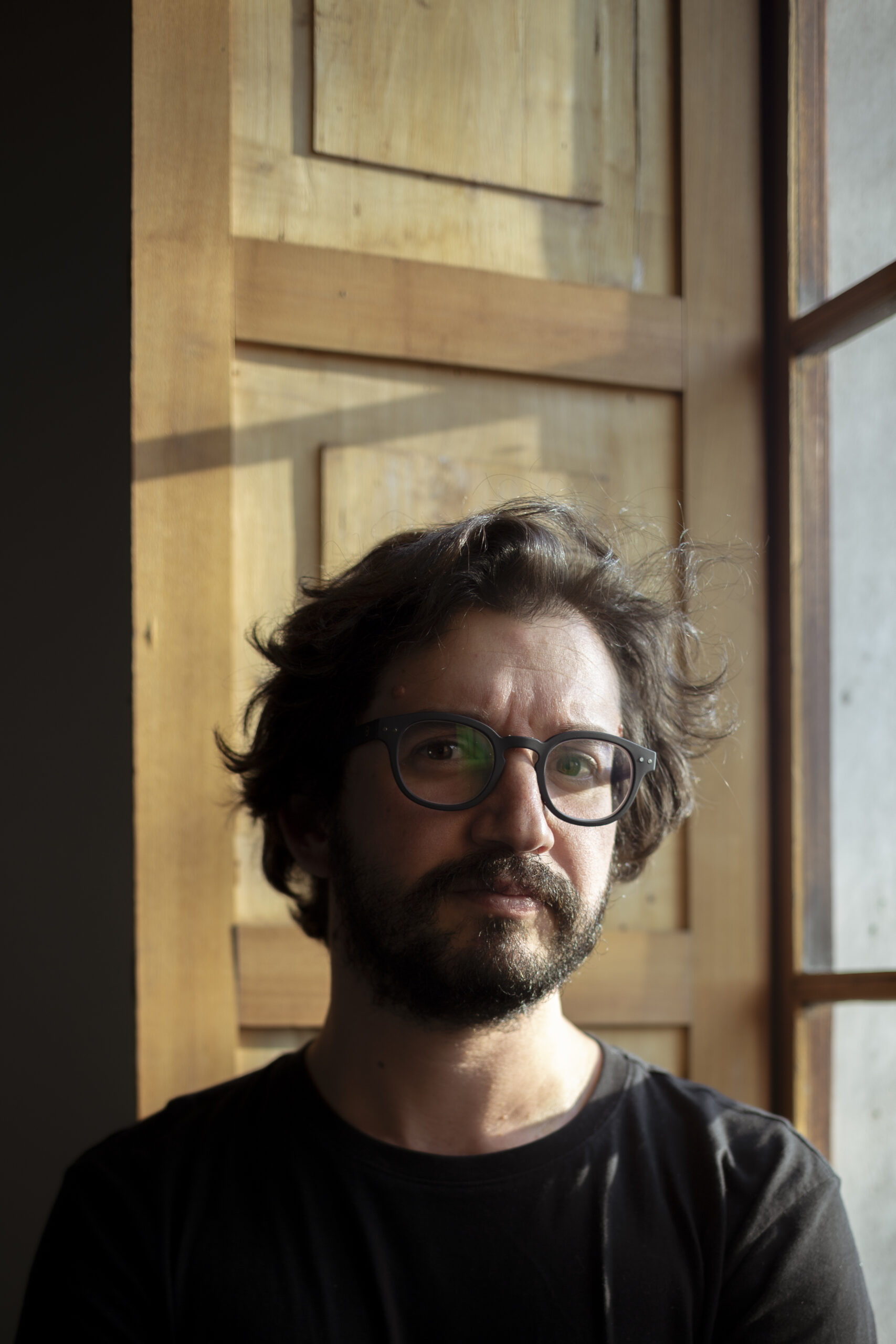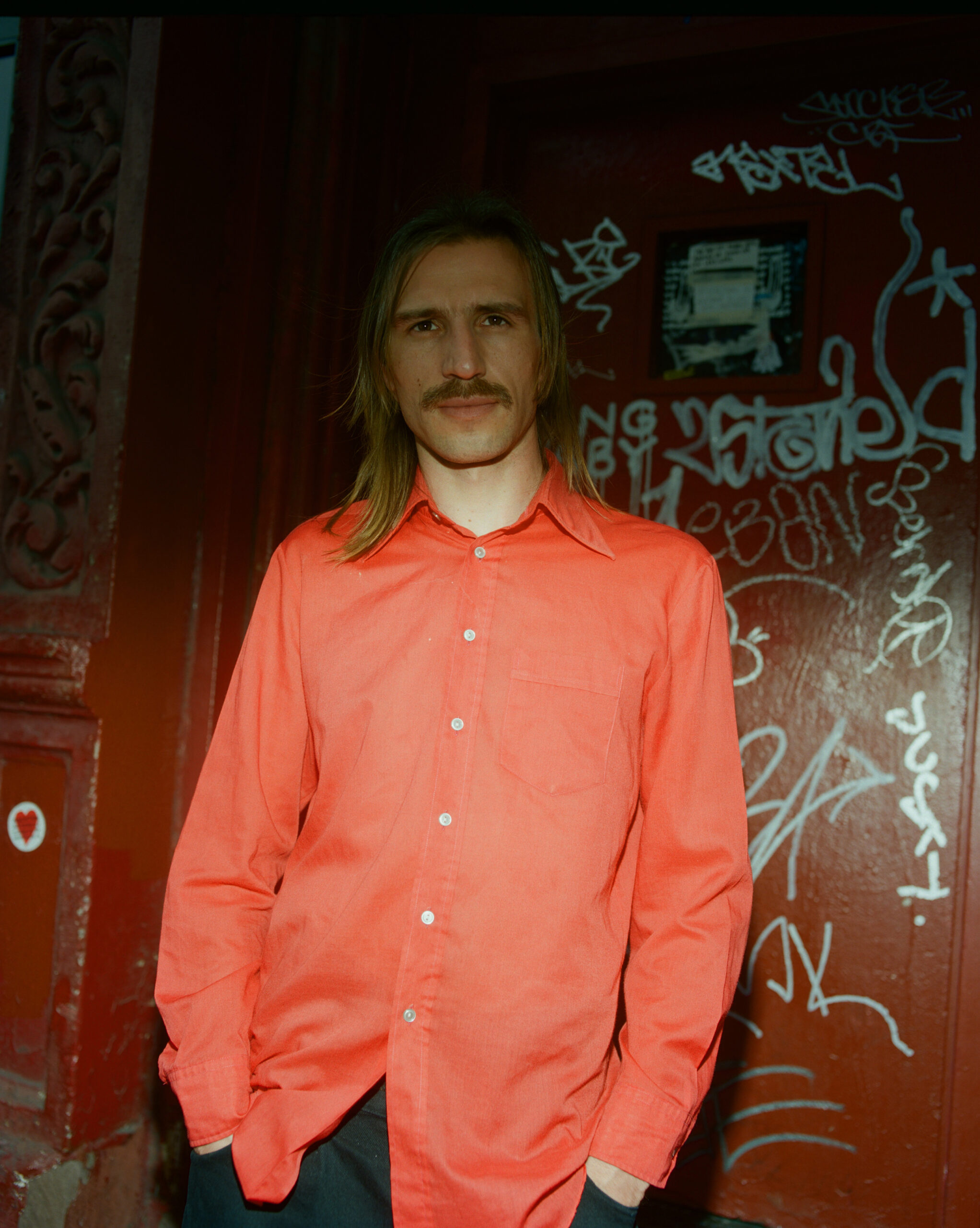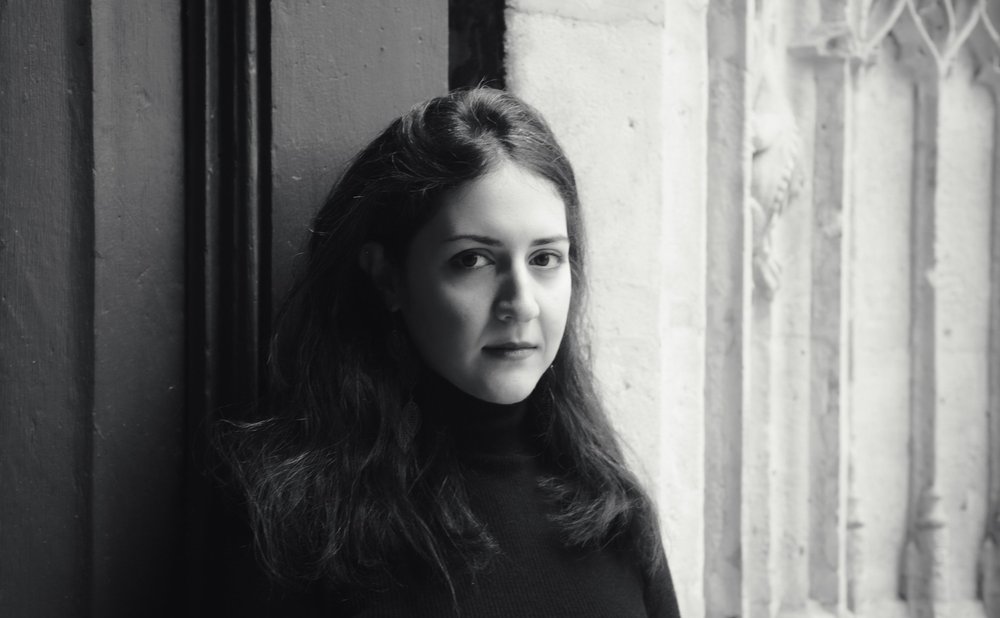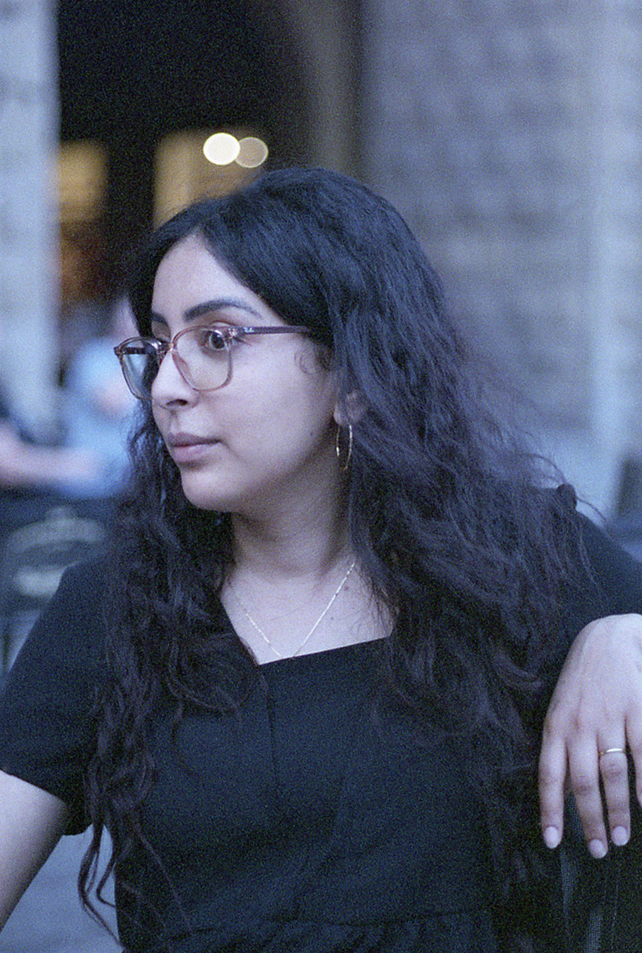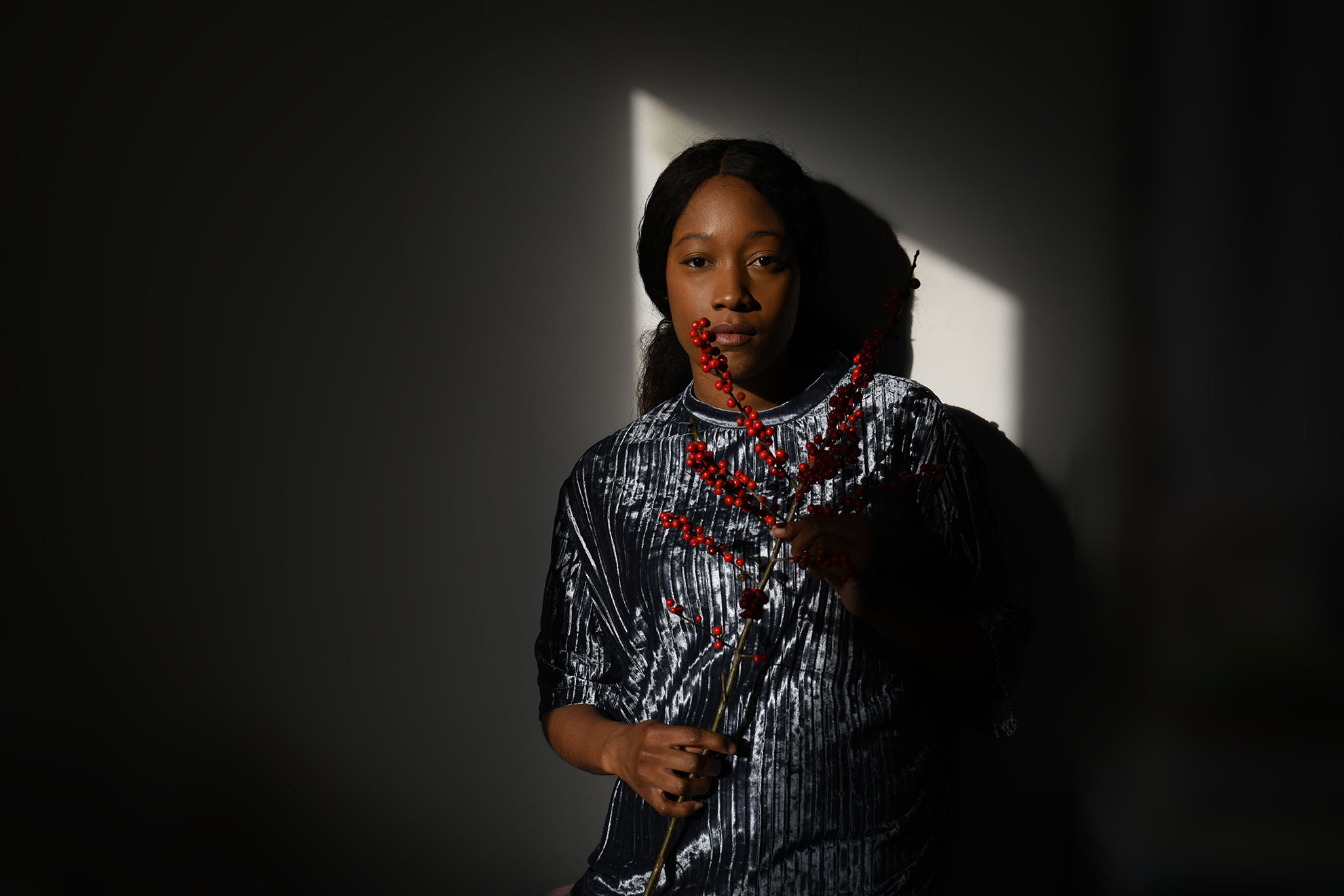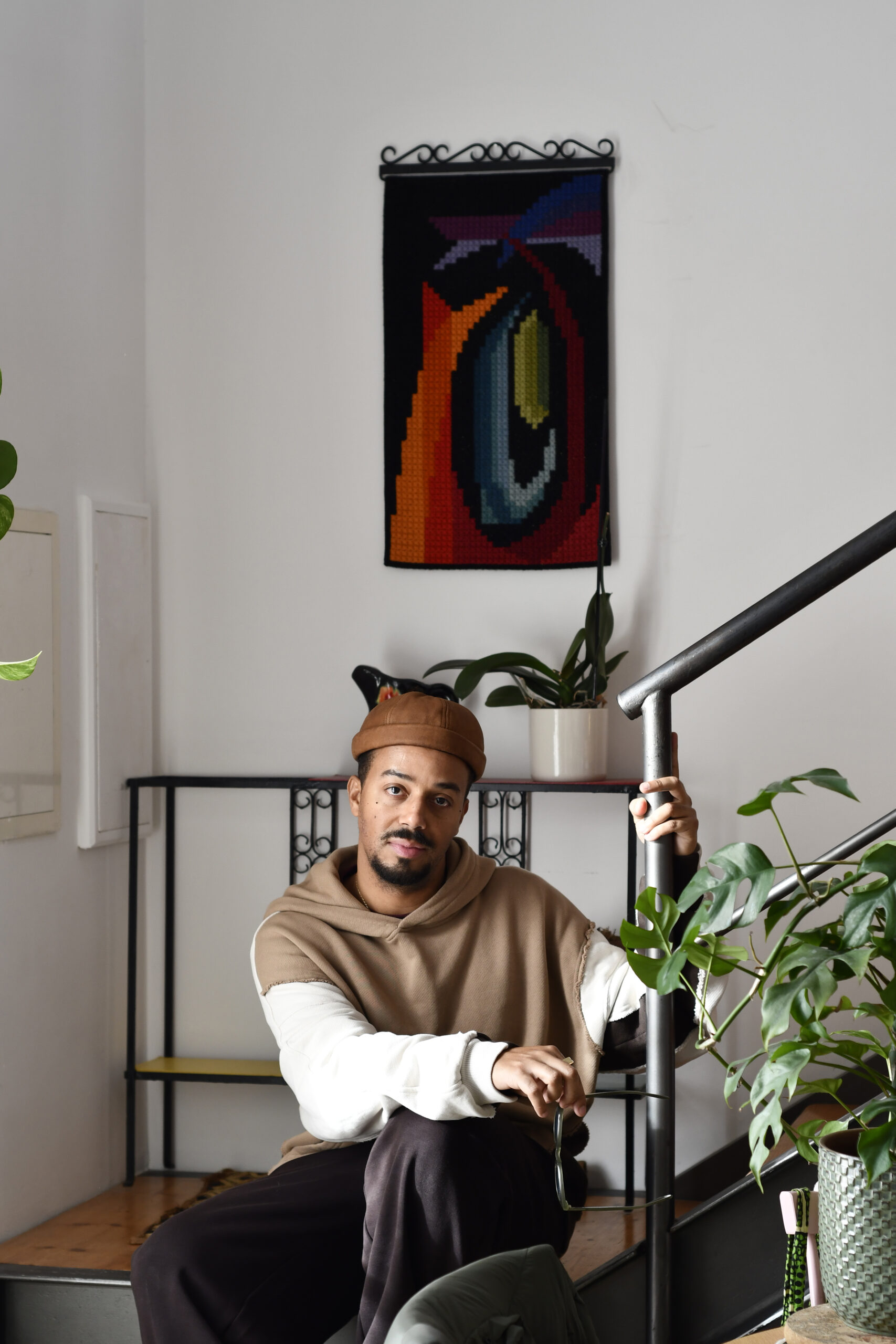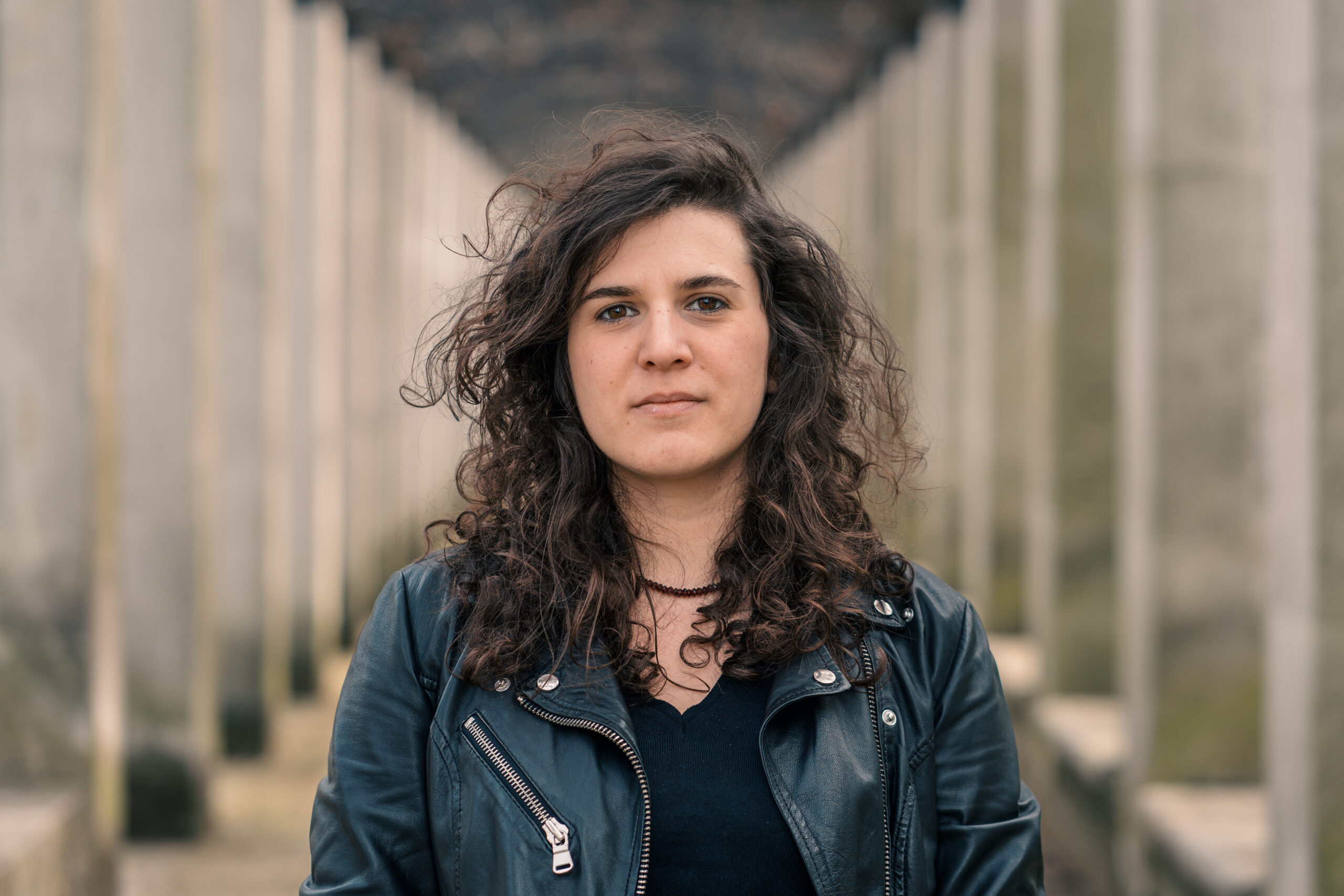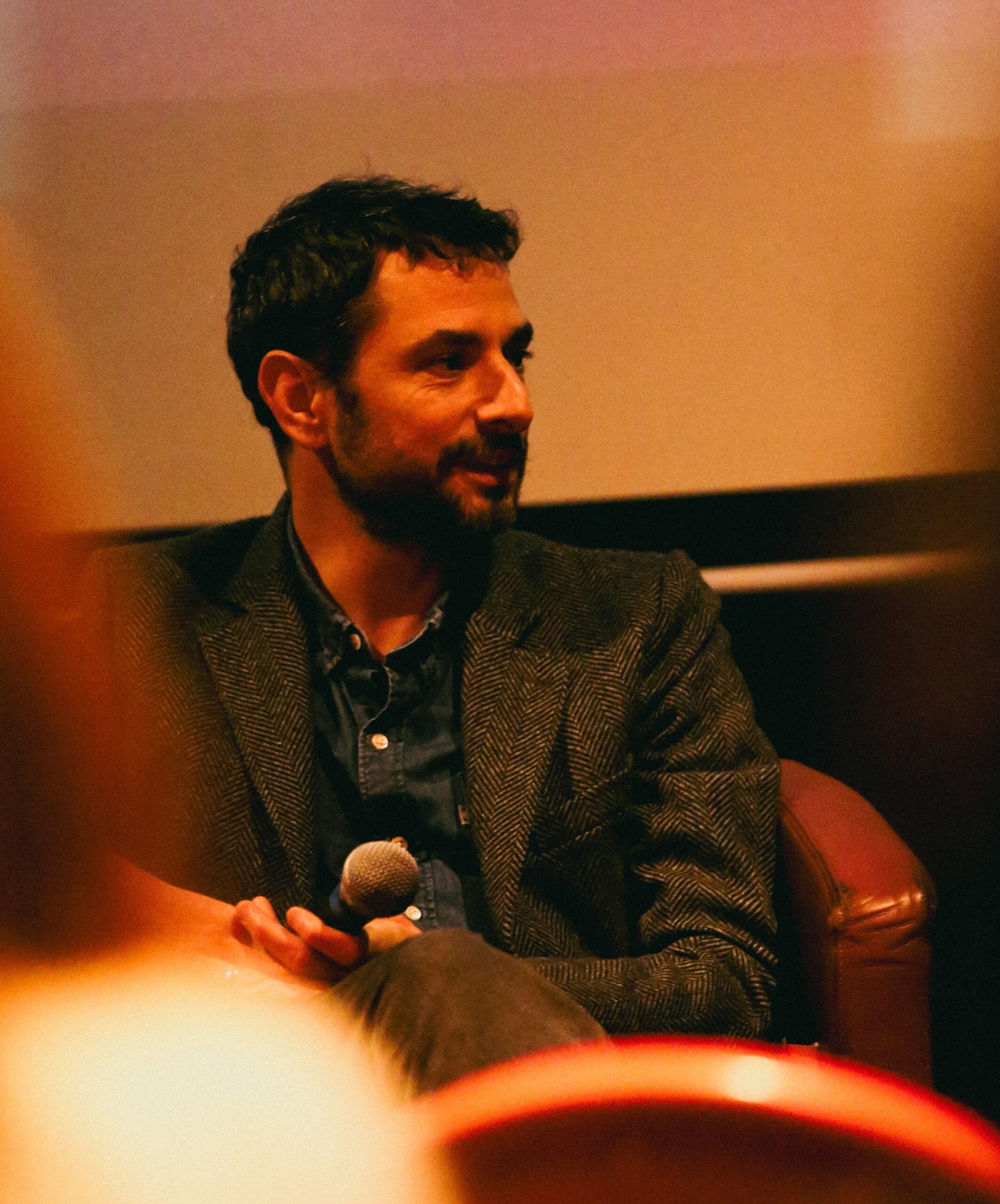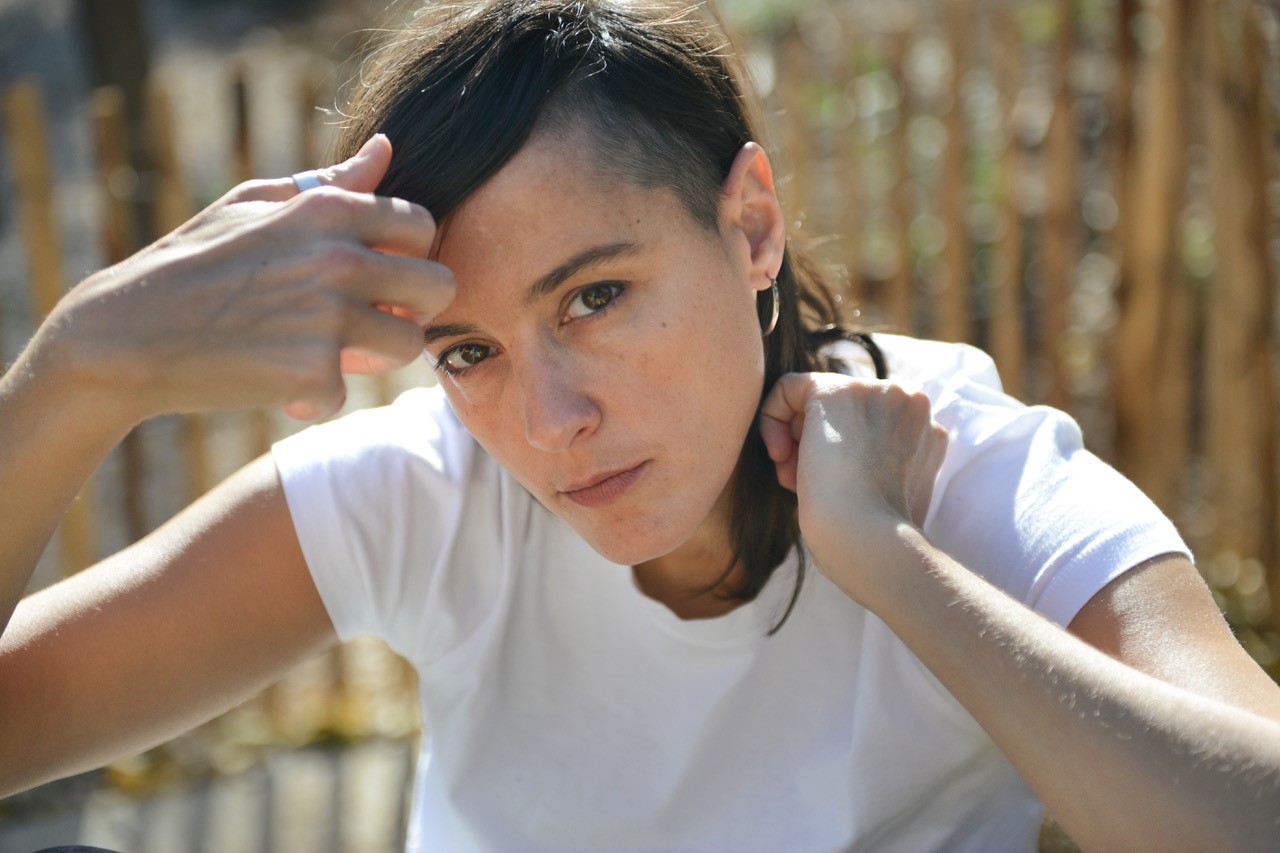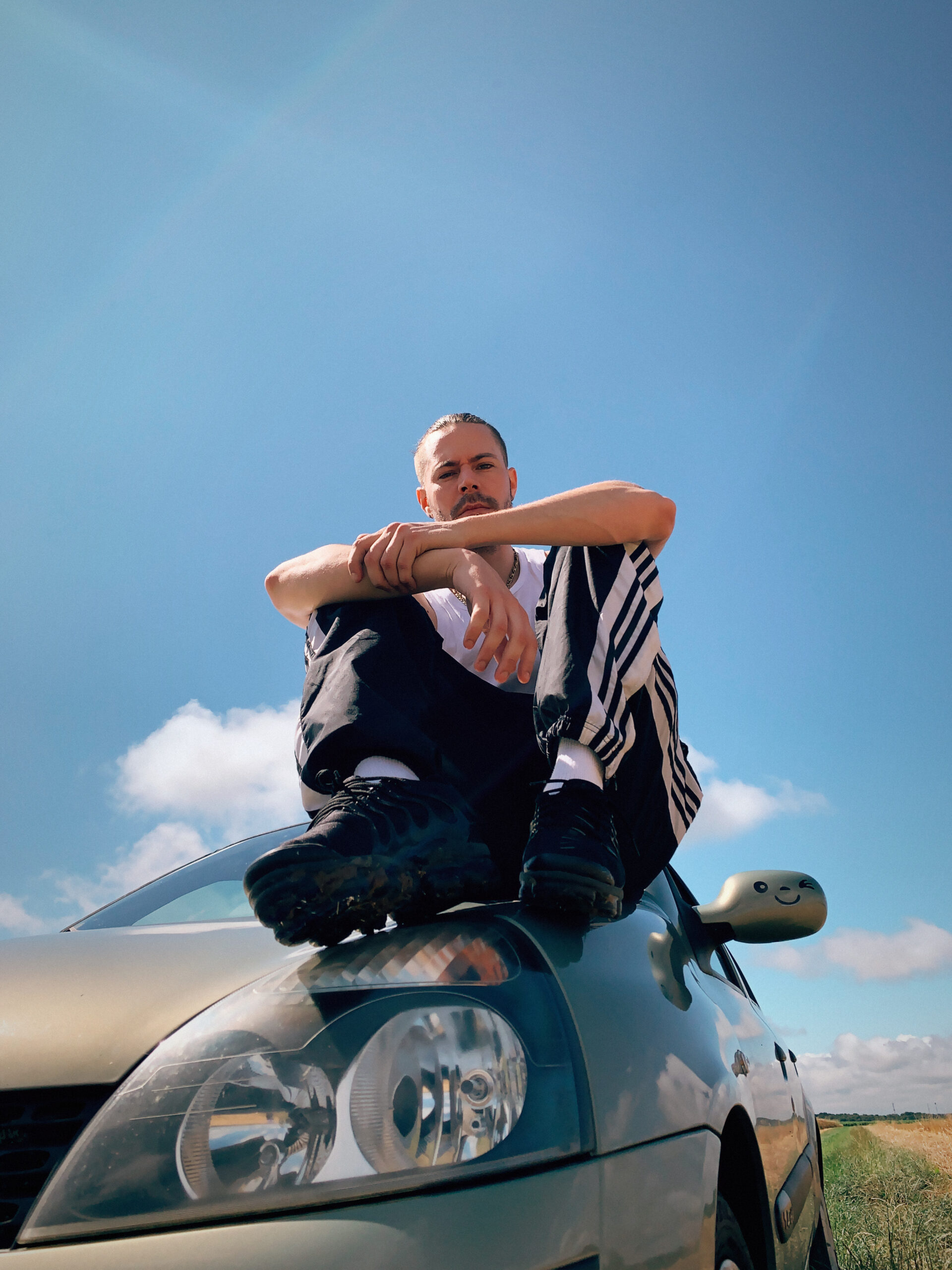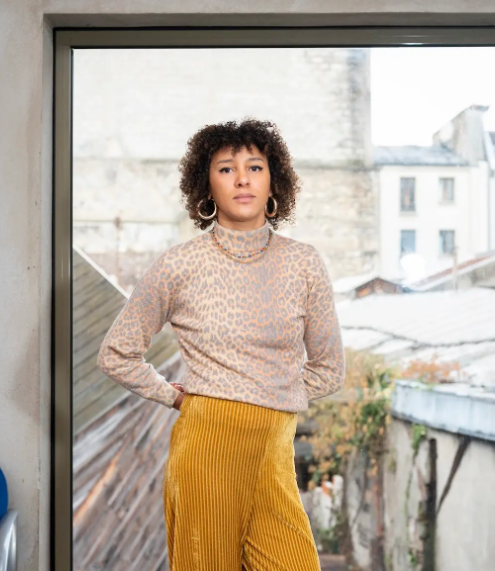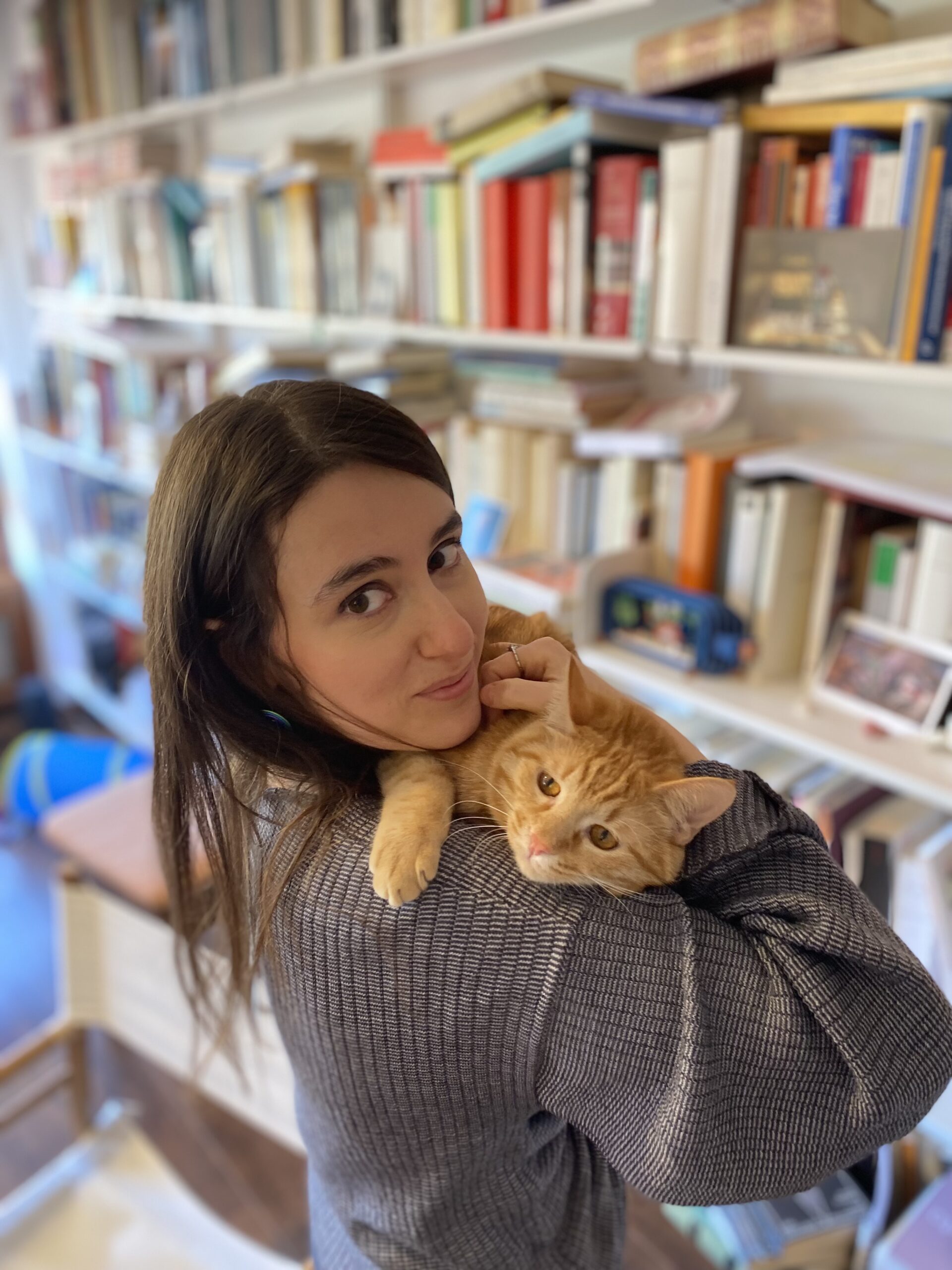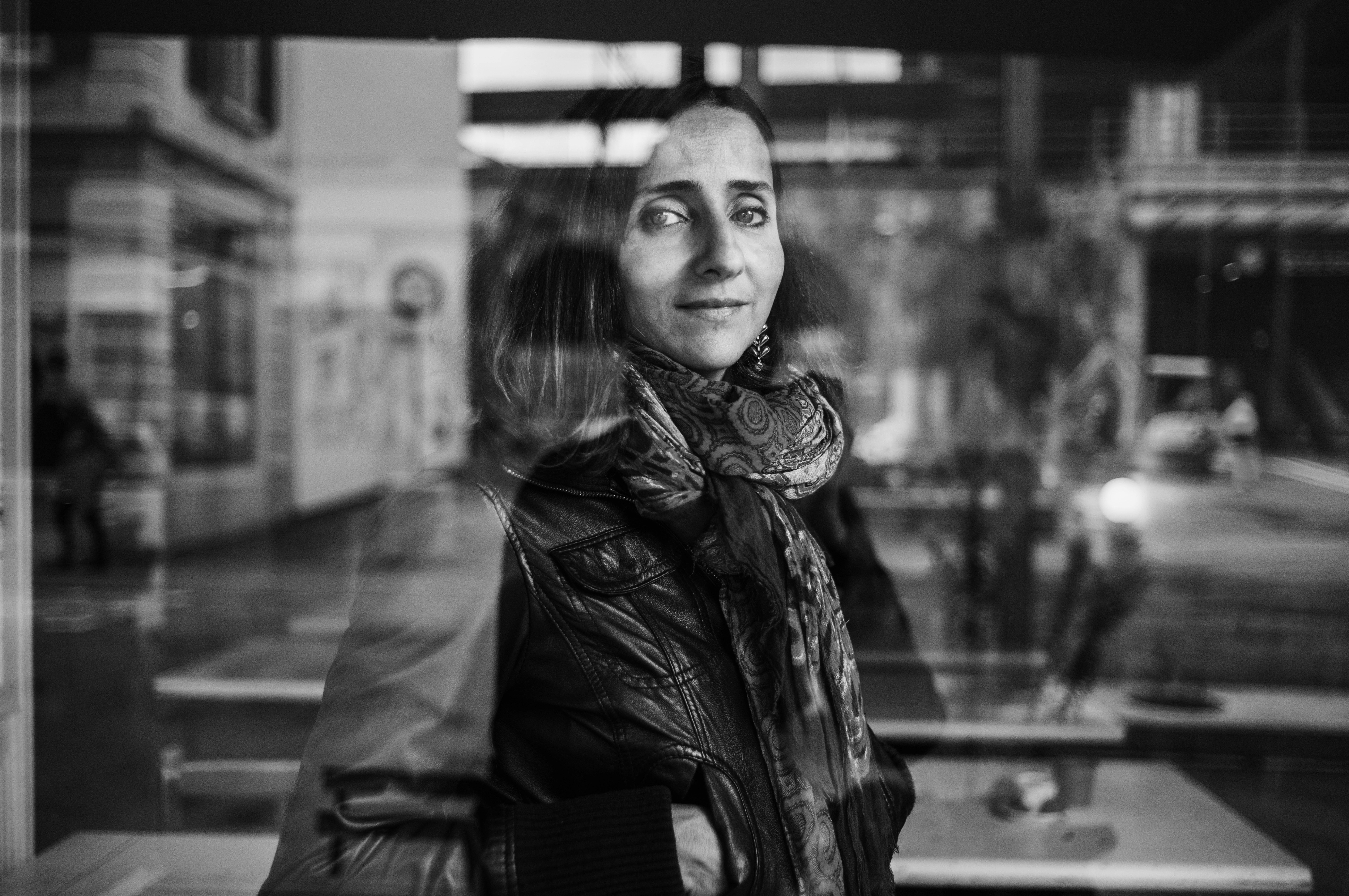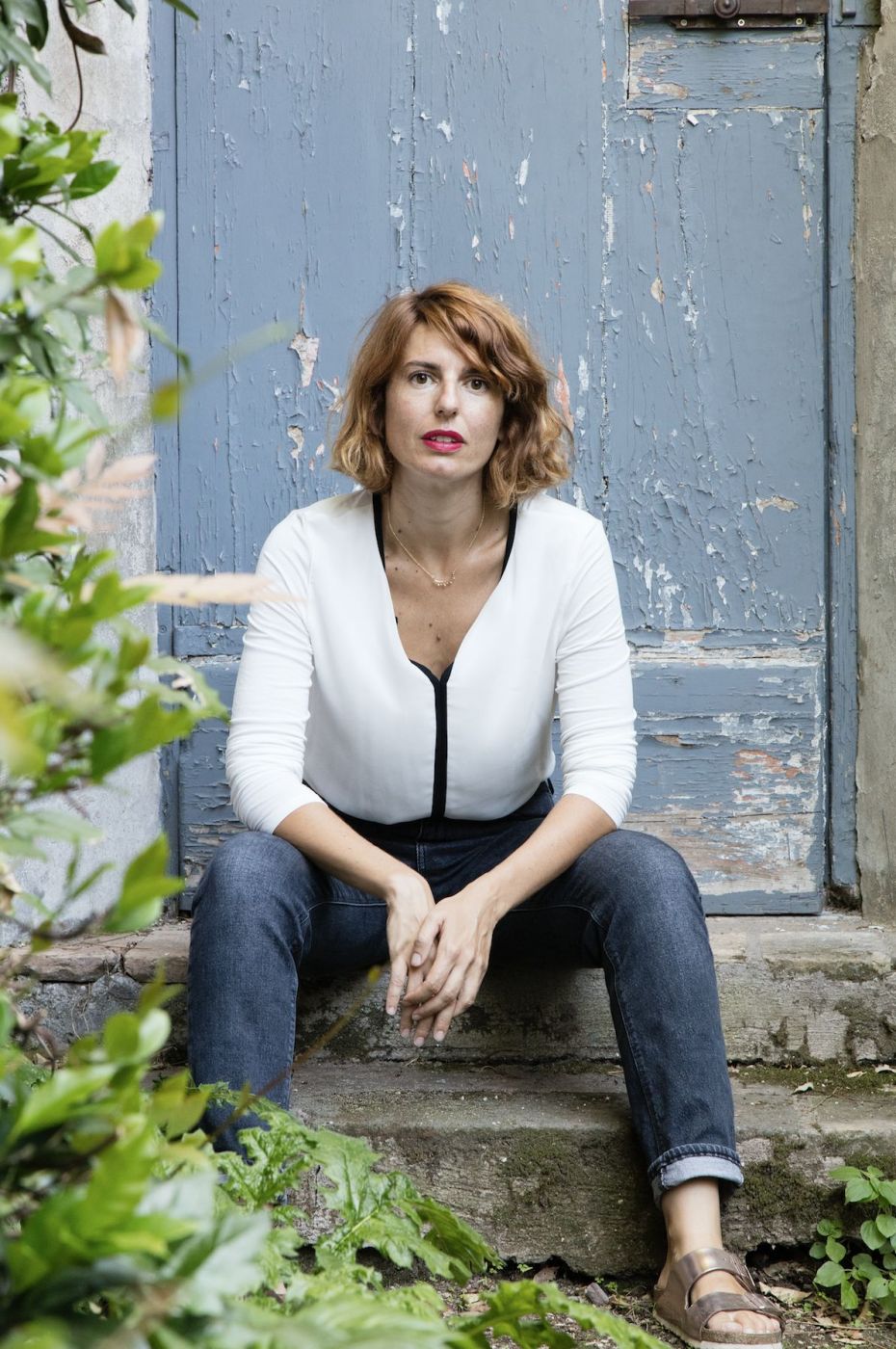Search
Neville Rowley
Fellow
2008 - 2009
Art history
Biography
Neville Rowley
Period: 2008-2009
Profession: Art historian Neville Rowley is completing his doctorate at the Université Paris-Sorbonne, where he taught for three years. His thesis focuses on a 15th-century Italian artistic movement,
pittura di luce (light painting), whose leading figures are Masaccio, Fra Angelico, Domenico Veneziano and Piero della Francesca. His research focuses both on the evolution of the movement itself, particularly in its specifically Roman aspect, and on the way it was long forgotten, then rediscovered. One of the architects of this rediscovery was none other than the painter Giorgio Morandi: it was for this reason that Neville Rowley was asked to coordinate the major retrospective devoted to the artist by the Metropolitan Museum of Art in New York and the MAMbo in Bologna. During his stay in Rome, Neville Rowley organized, in collaboration with Daniela Gallo, a study seminar on the “shadow side” of the antique model, from the Renaissance to the early 19th century: “Imitating what has disappeared. Les artistes modernes face aux lacunes de l’héritage antique”. He is also curator of the exhibition ”
Villa aperta”, which will take over the Villa Medici in summer 2009 and aims to show all the sometimes conflicting memories of this very Florentine 16th-century palace, which in the 19th century became the headquarters of the Académie de France in Rome. Today, after the reform wanted by Malraux and implemented by Balthus in 1971, it is a kind of cultural UFO whose singularity, sometimes threatened, has proved to be an effective guarantee of creativity.
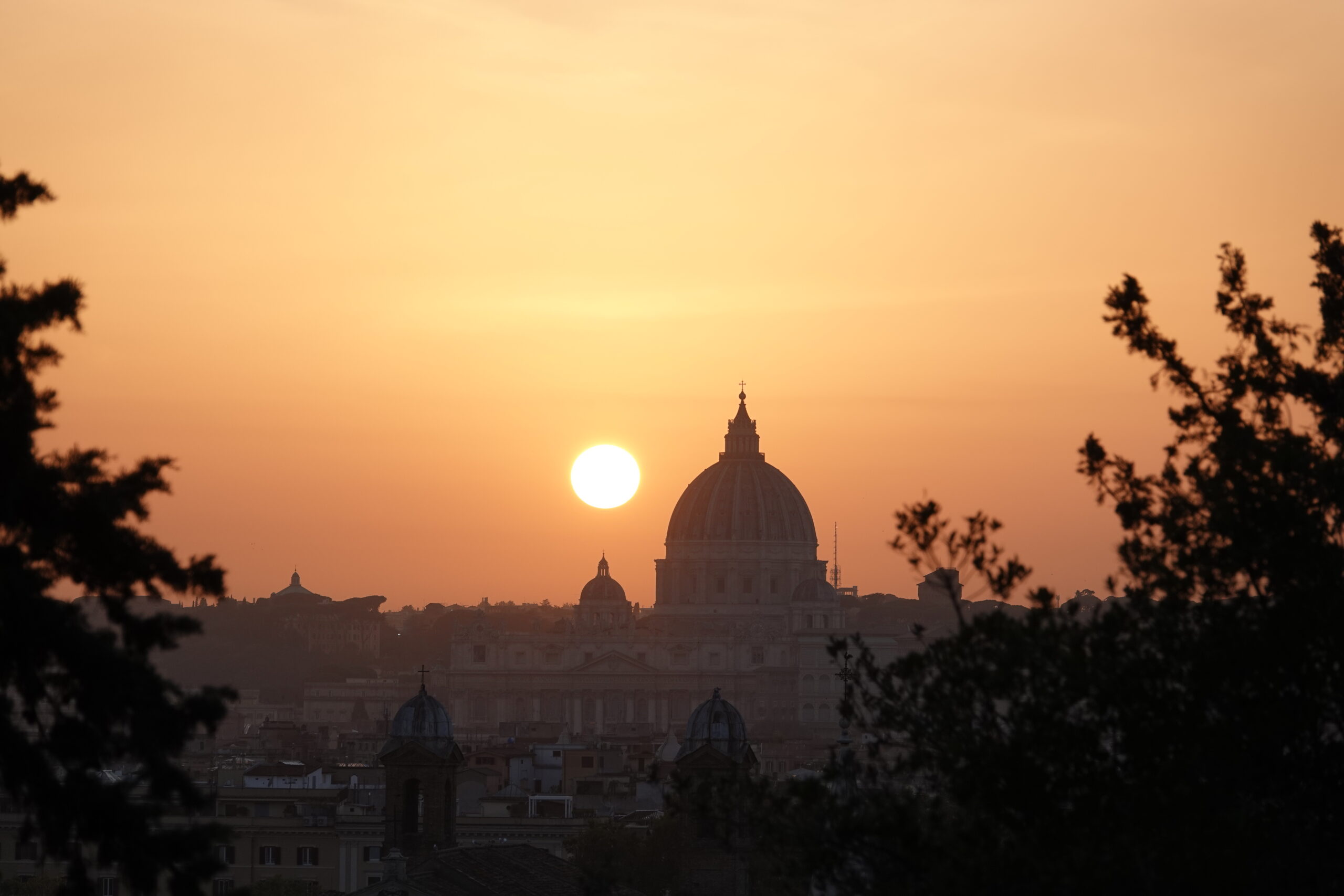
Medici Residency Daniel Arasse
with the École française de Rome
Application 13.03 - 22.04.2025
Since 2001, the French Academy in Rome and the École française de Rome have been awarding 8 Daniel Arasse fellowships each year for missions in art history. Starting in 2021, these fellowships are intended for French-speaking doctoral and post-doctoral researchers (for a 1st post-doctoral fellowship) in art history wishing to travel to Rome to carry out research in Roman institutions and/or elsewhere in Italy on the modern and contemporary period. There is no nationality requirement.
